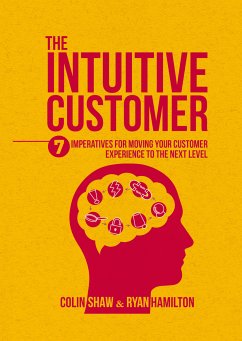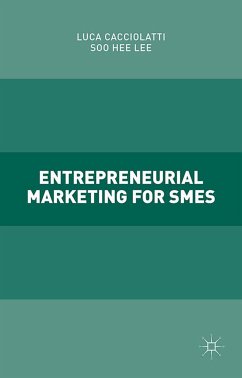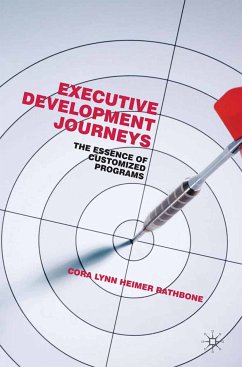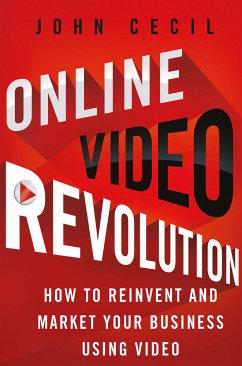
The Intuitive Customer (eBook, PDF)
7 Imperatives For Moving Your Customer Experience to the Next Level
Versandkostenfrei!
Sofort per Download lieferbar
44,95 €
inkl. MwSt.
Weitere Ausgaben:

PAYBACK Punkte
22 °P sammeln!
Building on the work of Daniel Kahneman (Thinking Fast and Slow), Dan Ariely (Predictably Irrational), Shaw and Hamilton provide a new understanding of how people behave, explain what it means for organizations who really want to understand their customers, and show you what to do to create exceptional customer experiences.
Dieser Download kann aus rechtlichen Gründen nur mit Rechnungsadresse in A, B, BG, CY, CZ, D, DK, EW, E, FIN, F, GR, HR, H, IRL, I, LT, L, LR, M, NL, PL, P, R, S, SLO, SK ausgeliefert werden.












